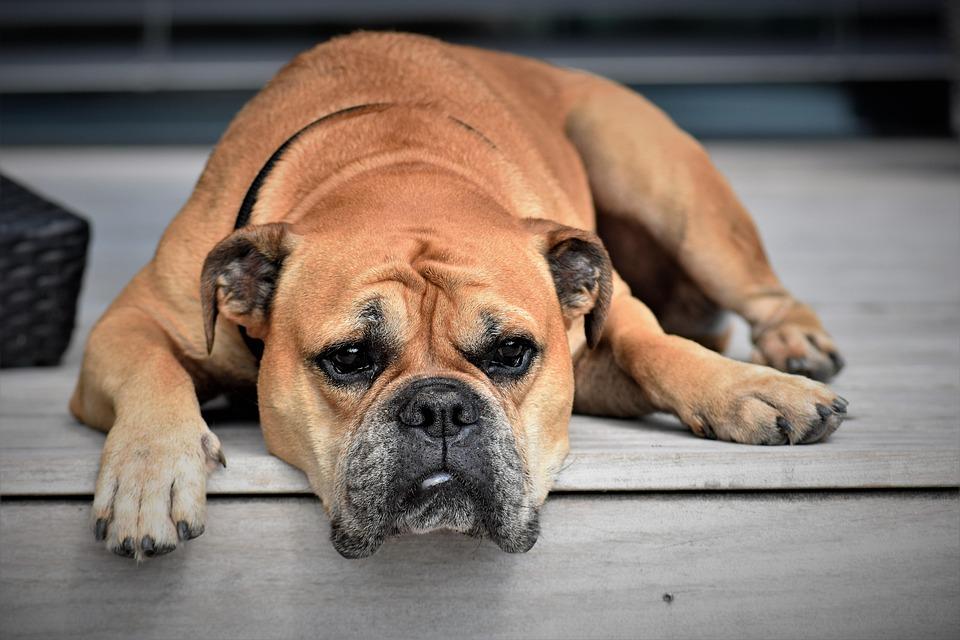Like us, our cherished dogs need a good night’s sleep in order to flourish. On average, adult dogs sleep 11 hours a day, but they can sleep anywhere from 8 to 13.5 hours. Your pet may develop several behavioural and health issues if they aren’t getting enough sleep. Understanding the symptoms of insufficient sleep is essential for their general health. A sturdy and comfy pet bed is essential for improving the quality of your dog sleep.
Why Is Sleep Important for Dogs?
For dogs, like for humans, getting enough sleep is essential. The body processes new information strengthens the immune system, and repairs tissues as you sleep. Sleep deprivation can impair behaviour and health by lowering immunity system and affecting conduct.
Top 5 Signs Your Dog Is Not Sleeping Well
1. Restlessness During the Night
If your dog is pacing, whining, or frequently changing positions during the night, it might indicate discomfort or anxiety. Such restlessness can be a sign that they are not getting the quality sleep they need.
2. Irritability or Mood Changes
Just like humans, dogs can become grumpy or irritable when sleep deprived. You might notice increased sensitivity to stimuli or uncharacteristic aggression.
3. Excessive Daytime Sleepiness
While dogs do enjoy their naps, an unusual increase in daytime sleepiness or lethargy can indicate that they are not getting restful sleep at night. This could be due to frequent awakenings or discomfort during their rest periods.
4. Changes in Appetite or Weight
Sleep deprivation can affect a dog’s metabolism and appetite. You might observe weight gain or loss, or a noticeable change in their eating habits.
5. Physical Symptoms
Physical signs such as droopy eyes, frequent yawning, or a general lack of energy can indicate that your dog is not getting sufficient sleep. Over time, this can lead to more severe health issues if not addressed.
Common Causes of Sleep Disturbances in Dogs
- Health Issues: Conditions like arthritis, allergies, or urinary tract infections can cause discomfort, leading to disrupted sleep.
- Anxiety or Stress: Changes in routine, loud noises, or separation anxiety can prevent your dog from settling down at night.
- Environmental Factors: An uncomfortable sleeping area, such as a poor-quality dog bed, excessive noise, or inappropriate room temperature, can hinder restful sleep.
How to Improve Your Dog’s Sleep Quality
Create a Comfortable Sleeping Environment
Ensure your dog has a quiet, dark, and comfortable place to sleep. Investing in a high-quality dog bed can provide the support they need and encourage better sleep.
Maintain a Consistent Routine
Dogs thrive on routine. Feeding, exercise, and bedtime should occur at the same times each day to help regulate their internal clock.
Address Health Concerns
Regular veterinary check-ups can help identify and treat any underlying health issues that might be disrupting your dog’s sleep.
Reduce Anxiety
If anxiety is a factor, consider behavioural training, calming products, or consulting with a veterinarian for potential solutions.
When to Consult a veterinarian
If you have tried the above strategies and your dog continues to have sleep issues, it’s essential to consult a veterinarian. Persistent sleep problems can indicate underlying health conditions that require professional attention.
Ensuring your dog gets quality sleep is as important as providing them with proper nutrition and exercise. By recognising the signs of poor sleep and taking initiative-taking steps, you can help your furry friend lead a healthier, happier life.


